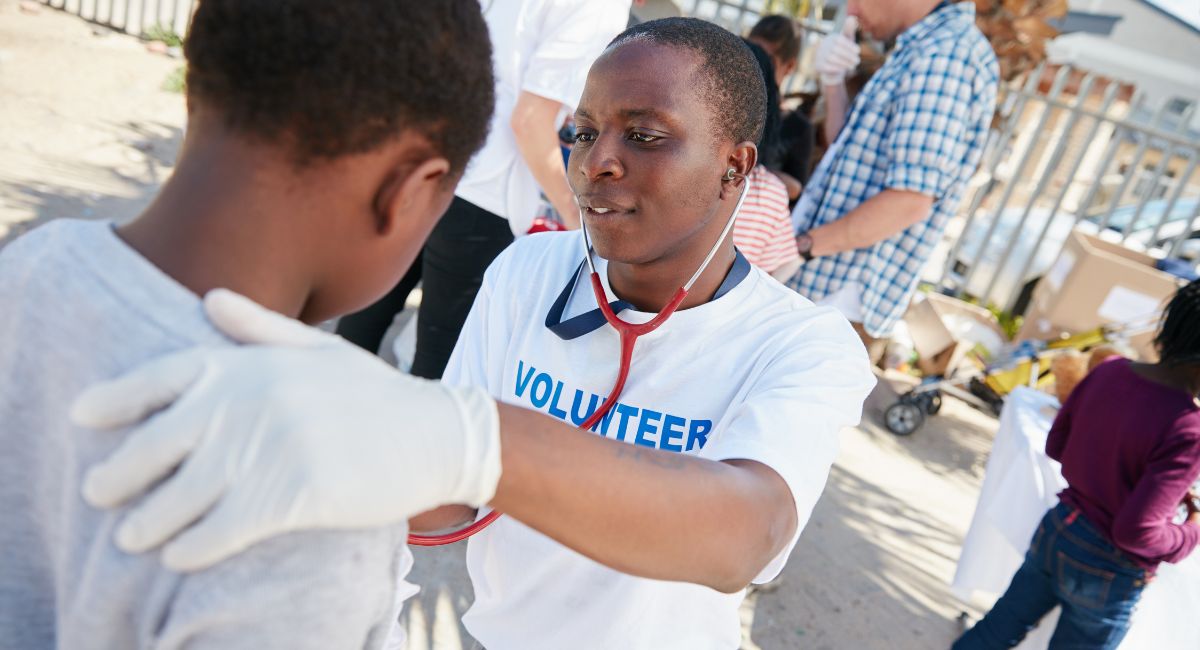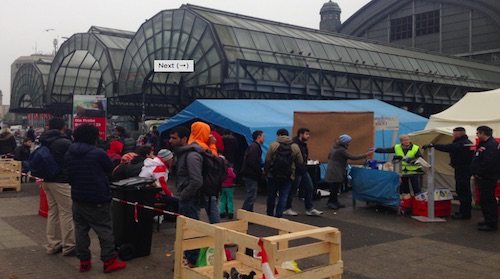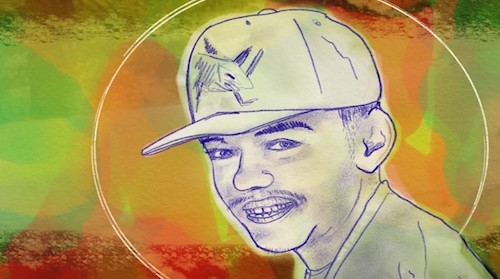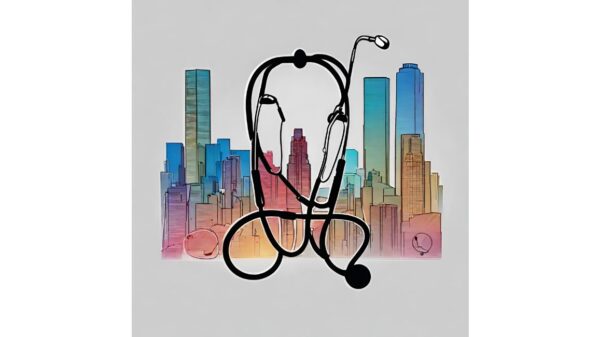The California Department of Health Care Services (DHCS) is undergoing a significant transformation to enhance Medi-Cal, the state’s Medicaid program, with the goal of providing Californians with a health system that addresses both medical and social needs. At a recent briefing hosted by Ethnic Media Services, DHCS leaders and community healthcare providers outlined the ongoing changes and their implications for Medi-Cal members.
The transformation is aimed at extending benefits and services beyond traditional healthcare settings to address the broader social determinants of health. A key component is Enhanced Care Management (ECM), a new benefit that offers person-centered care management to Medi-Cal members with complex needs. Through ECM, each member is assigned a lead care manager who assists in navigating medical and social services. This benefit is crucial for individuals experiencing homelessness, foster youth, pregnant women, and those transitioning from long-term care facilities.
Another vital aspect of Medi-Cal’s transformation is Community Support, which aims to improve members’ health and well-being by addressing various factors that impact health. Services under Community Support include housing support, home accessibility modifications, in-home care, sobering centers, asthma remediation, and medically tailored nutritious meals. These initiatives are designed to keep people out of emergency rooms and hospitals, allowing them to live independently and safely within their communities.
During the briefing, Sarah Brooks, Chief Deputy Director for Healthcare Programs at DHCS, explained these initiatives and their broader impact. She highlighted that DHCS is working to standardize, simplify, and streamline how Medi-Cal members access care, ensuring consistency across the state. The new Medi-Cal managed care contract, implemented on January 1, 2024, mandates that all plans offer the same base benefits and services, facilitating easier transitions between providers and counties. Health plans are also required to collaborate with local agencies like health departments, schools, child welfare, and justice departments to ensure coordinated care and access to resources. This collaboration is key to addressing the broader social determinants of health.
The briefing featured insights from healthcare professionals and community organizers such as Rachelle Grant, Agnes Hajek, and Angelica Rodriguez, who discussed their experiences with ECM, Community Support, and bridging the health information gap. These speakers underscored the importance of these initiatives in providing equitable healthcare to all Californians, regardless of ethnicity, gender, sexual orientation, disability, age, immigration status, or health needs.
Overall, the Medi-Cal transformation represents a significant step toward creating a healthcare system that not only treats medical conditions but also addresses the underlying social factors that impact health. By focusing on Enhanced Care Management, Community Supports, and improved coordination, DHCS aims to ensure that Californians have access to the quality care they need to lead healthier lives.
Rachelle Grant, Senior Clinical Director at Pacific Clinics, shared her enthusiasm for her role and offered insights into the innovative programs and transformative work at Pacific Clinics. As California’s largest nonprofit community-based behavioral health and support service provider, Pacific Clinics employs over 2,000 people statewide, offering services in more than 22 languages to individuals of all ages. They cover the entire behavioral health spectrum, from early prevention to crisis services.
Pacific Clinics has made notable progress in providing ECM and Community Support (CS) programs. These programs were launched in January 2020, just before the COVID-19 pandemic, starting with a single county and expanding statewide in January 2022. Currently, Pacific Clinics operates in 20 counties across eight health plans, serving 1,600 customers in ECM and 600 in CS housing programs. Their ECM teams provide various support services, including care management, housing assistance, transportation, and medication-assisted treatment for substance use disorders. They also offer a unique program to help individuals maintain housing once they find a place, providing support with landlord or roommate issues and offering classes to develop life skills for sustaining housing.
Rachelle Grant highlighted success stories that demonstrated the impact of these programs, including helping individuals with complex needs secure housing, connect with therapists and psychiatrists, and gain transportation to appointments. She emphasized the importance of peer services, where individuals with lived experiences play a crucial role in encouraging others to access behavioral health services. Historically, these services were not reimbursable under health plans, but the Medi-Cal transformation now supports greater access to peer-based support.
Grant encouraged other providers to join the ongoing Medi-Cal transformation, highlighting the benefits of grant money and teaching assistance to build the infrastructure for these programs. She emphasized that it’s an ideal time to become a provider, as the programs are maturing and refining their operations.
Angelica Rodriguez, Program Manager with Umma Community Clinic in South Central Los Angeles, plays a pivotal role in connecting underserved communities with essential healthcare and support services. Umma Community Clinic serves predominantly Black and Brown low-income communities, which have historically faced significant barriers to accessing quality healthcare. As a Program Manager, Rodriguez is dedicated to breaking down these barriers, offering high-quality medical, behavioral, and dental care regardless of a patient’s ability to pay.
Umma Community Clinic provides services that go beyond typical healthcare appointments, addressing broader needs like transportation, language barriers, and food insecurity. Rodriguez is enthusiastic about the Medi-Cal transformation through initiatives like CalAIM, which aim to provide wider community support and resources to those in need. The clinic’s approach to comprehensive care management includes enhanced care programs and community support initiatives that offer a holistic approach to healthcare. Community health workers connect individuals with resources like housing support and food distribution, ensuring patients receive the support they need for full wellness.
Finally, Mari Perez-Ruiz and Aide Hernandez, with Central Valley Empowerment Alliance, are at the forefront of addressing health inequities in the farm worker community in California’s Central Valley. This region is among the most impoverished and disadvantaged in the state, with a significant portion of its population living in unincorporated areas with limited access to healthcare and other essential services. The Central Valley Empowerment Alliance’s mission is to improve health equity by providing resources and support to farm workers and their families.
The alliance works to bridge gaps in healthcare by partnering with public health agencies to bring services directly to the communities in need. They conduct health fairs, health checks, and medical enrollment drives, allowing farm workers to receive preventive care without missing work. This proactive approach, combined with community outreach and education, helps address barriers like transportation, language, and trust in the healthcare system.
Overall, the Medi-Cal transformation, along with the efforts of organizations like Pacific Clinics, Umma Community Clinic, and Central Valley Empowerment Alliance, represents a comprehensive approach to improving healthcare in California, focusing on social determinants of health and ensuring access to quality care for all.










